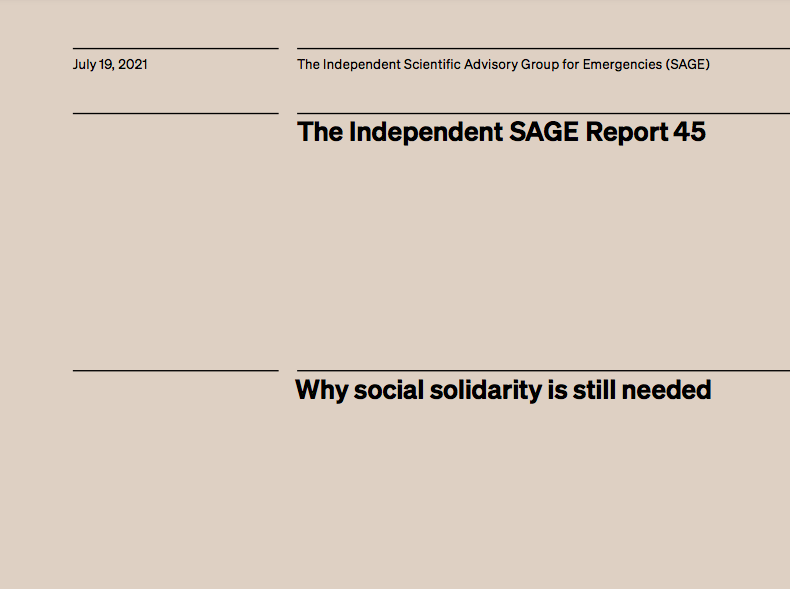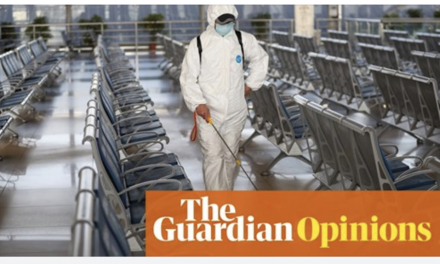It’s widely recognised that social solidarity in the public has been essential in
combating the pandemic. The high point of national togetherness was in the first two
months of ‘lockdown’ and was a major driver of adherence to the guidelines. In the
year since then, inequalities have become more evident. While we face the same
storm, we are on different boats — particularly in relation to class and ethnicity.
Nevertheless, there has still been a crucial level of mutual respect,
acknowledgement, and care across the majority of the country as we have faced the
threat of the pandemic together. We were all expected to adopt the same mitigating
behaviours — wearing face coverings, physical distancing, washing our hands. We
did this for others – for our community, for our family, for those who were vulnerable
– often more than we did it for ourselves personally. Our common adherence was a
visible sign of this solidarity — a sign of respect and care for others. All this was a
recognition too of the nature of the threat of infectious diseases: we are
interdependent; I’m only safe when you are too.
The change in policy announced on 5th July 2021 that, instead of a universal
approach in the form of official regulation, ‘personal judgement will now be key’ risks
sowing social divisions and undermining this crucial solidarity. Instead of something
we are all expected to do as members of a community, it renders adoption of public
health behaviours optional by each individual. Implicitly it suggests that personal
interests and (presumed) personal risk should determine whether we adopt
protective behaviours, rather than collective responsibility for collective safety.
After July 19th, there will be people who continue to wear face-coverings and try to
observe physical distancing. They may see those who do not do so as selfish,
uncaring, and disrespectful. At the same time, those who drop the behaviours may
see those who continue to adopt them as over-anxious and joyless. Where these
differences become seen as defining groups of people, not only will it lead to
interactional trouble (criticism, argument), but it could also create further major
division in society, in a similar way to Brexit, undermining the collective spirit shown
to be essential in suppressing the pandemic. Another possible level of division that
could be between frontline staff and members of the public, where shops and
businesses require facemasks and some members of the public insist on their right
to refuse; or between those venues insisting that customers show vaccine passports
and the sections of society (young, deprived, minoritized ethnic groups) that haven’t
been vaccinated.
The pandemic is not over. Many people are still suffering socially, psychologically,
and financially. Anger is understandable that the sacrifices we have already made
are being squandered. Seeing (non)mask-wearers as the problem might serve to
distract from the government policies that have led to over 128K deaths and so much
illness, privation and distress. But until the pandemic is over, we still need to protect
the vulnerable from mortality and we need to protect everyone from serious illness
and risks of long covid. Social solidarity is still needed.



